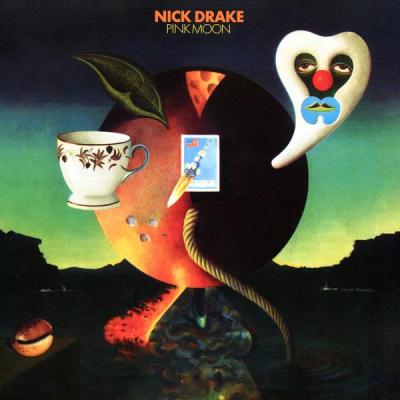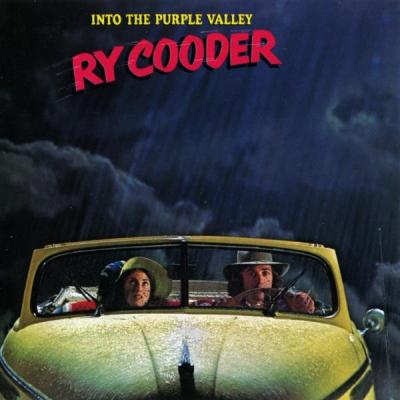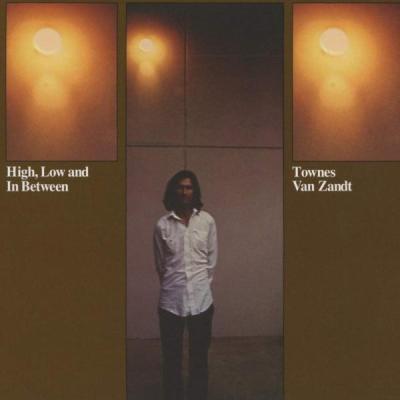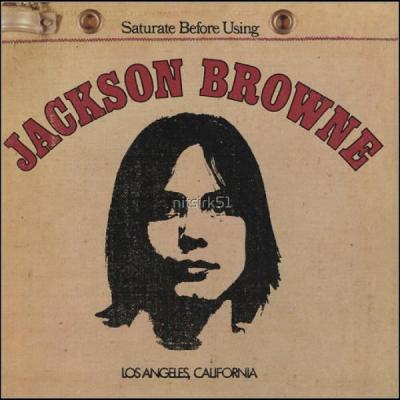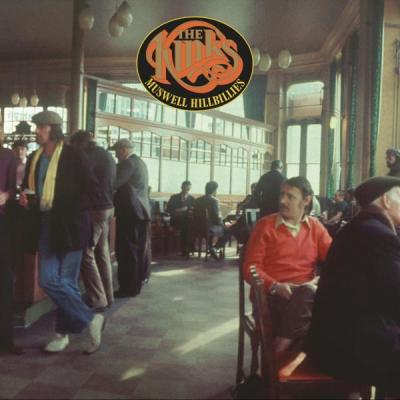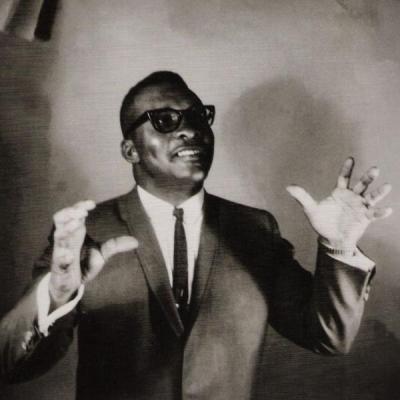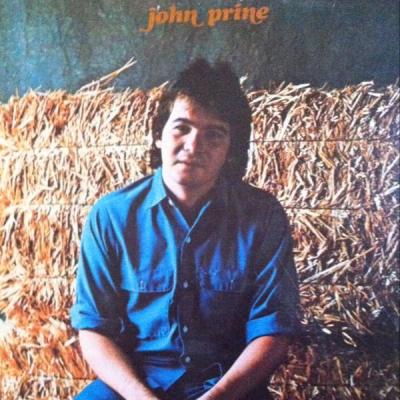

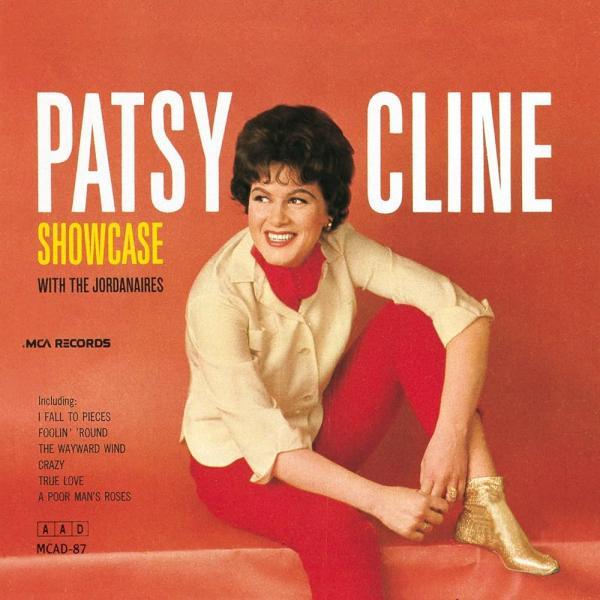
Patsy Cline: Showcase
Album #38 - November 1961
Episode date - April 10, 2024
To say that Patsy Cline was one of the most influential vocalists of all time would be an understatement. With the help of producer Owen Bradley, she represented an entire genre, known as the ‘Countrypolitan’ sound.
In the wake of these recordings, the intrinsic definition of Country music changed. After Cline’s recordings with Owen Bradley, ‘Country’ no longer meant yodeling, banjos, honky tonk piano or any of the backwoods stylings associated with the Grand Ole Opry. Suddenly, ‘Country’ music was sophisticated and urban. Rich orchestration and vocal choruses took the place of fiddle-based arrangements. Lush production was key to its success, and the magnificent voice of Patsy Cline was the perfect conduit to help Country music cross over to the mainstream. Unfortunately, her path to success did not come easily and was short-lived.
After working as a teenage vocalist for a few local bands, Patsy Cline was offered a two-year contract with Four Star Records in 1954, a label whose collection of songwriters did not live up to the label’s moniker. The contract’s terms were harsh, stating that she could only record material that was approved by the label, and the label would only approve songs where they controlled the publishing rights, leaving her without a hit until the original version of “Walkin’ After Midnight” struck gold in 1957 (that song is revisited and updated on this album, recorded in true countrypolitan fashion). The contract with Four Star allowed them to extend her contract for another two years, resulting in a time when it looked as though she’d become just another one-hit wonder. To revive her flagging career, Cline moved to Nashville, and became a regular on the Grand Ole Opry, which led to a contract with Decca Records once the onerous Gold Star contract expired. The biggest advantage of her new contract was that it allowed her to work exclusively with Owen Bradley.
Cline had tremendous respect for Bradley, but she often butted heads with him, because she wanted to sing upbeat, twangy material while Bradley felt that ballads were her strong suit. She also objected to his use of The Jordanaires as backing vocalists, but Bradley’s opinions were affirmed when the label released “I Fall to Pieces” as her first single. Cline’s renewed success intimated a long, successful career, but fate intervened. As the record slowly climbed to the #1 position on the Country chart (and #12 on the pop chart), Cline was involved in a head-on auto accident that nearly killed her and left her hospitalized while her hit song played on the radio.
When she recovered, Cline was more inclined to follow Bradley’s direction, and their best work together was gathered for the album “Showcase.” There is an ache to Cline’s rich and clear vocals that informs almost every track of this transcendent album. The quality is remarkably consistent, especially when compared to her past work for Four Star, and her star continued to rise for the next two years until, once again, on March 3, 1963, fate reared its ugly head when the Piper Comanche that was returning her to Nashville crashed, killing all occupants instantly. Of course, the horrific circumstances of her sudden death ignited renewed interest in her work, and “Showcase” stands as the strongest testament to her work with Owen Bradley.
Featured Tracks:
I Fall to Pieces
Foolin' Round
The Wayward Wind
South of the Border (Down Mexico Way)
I Love You So Much It Hurts
Seven Lonely Days
Crazy
San Antonio Rose
True Love
Walkin' After Midnight
A Poor Man's Roses (Or a Rich Man's Gold)
Have You Ever Been Lonely (Have You Ever Been Blue)
November 1961 - Billboard Charted #73
Related Shows




